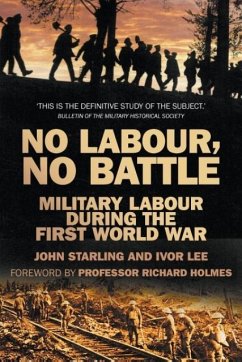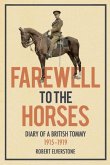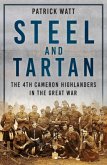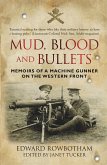From 1917 British soldiers who were unfit or too old for front-line service were to serve unarmed and within the range of German guns for weeks or even months at a time undertaking labouring tasks.
Hinweis: Dieser Artikel kann nur an eine deutsche Lieferadresse ausgeliefert werden.
Hinweis: Dieser Artikel kann nur an eine deutsche Lieferadresse ausgeliefert werden.








